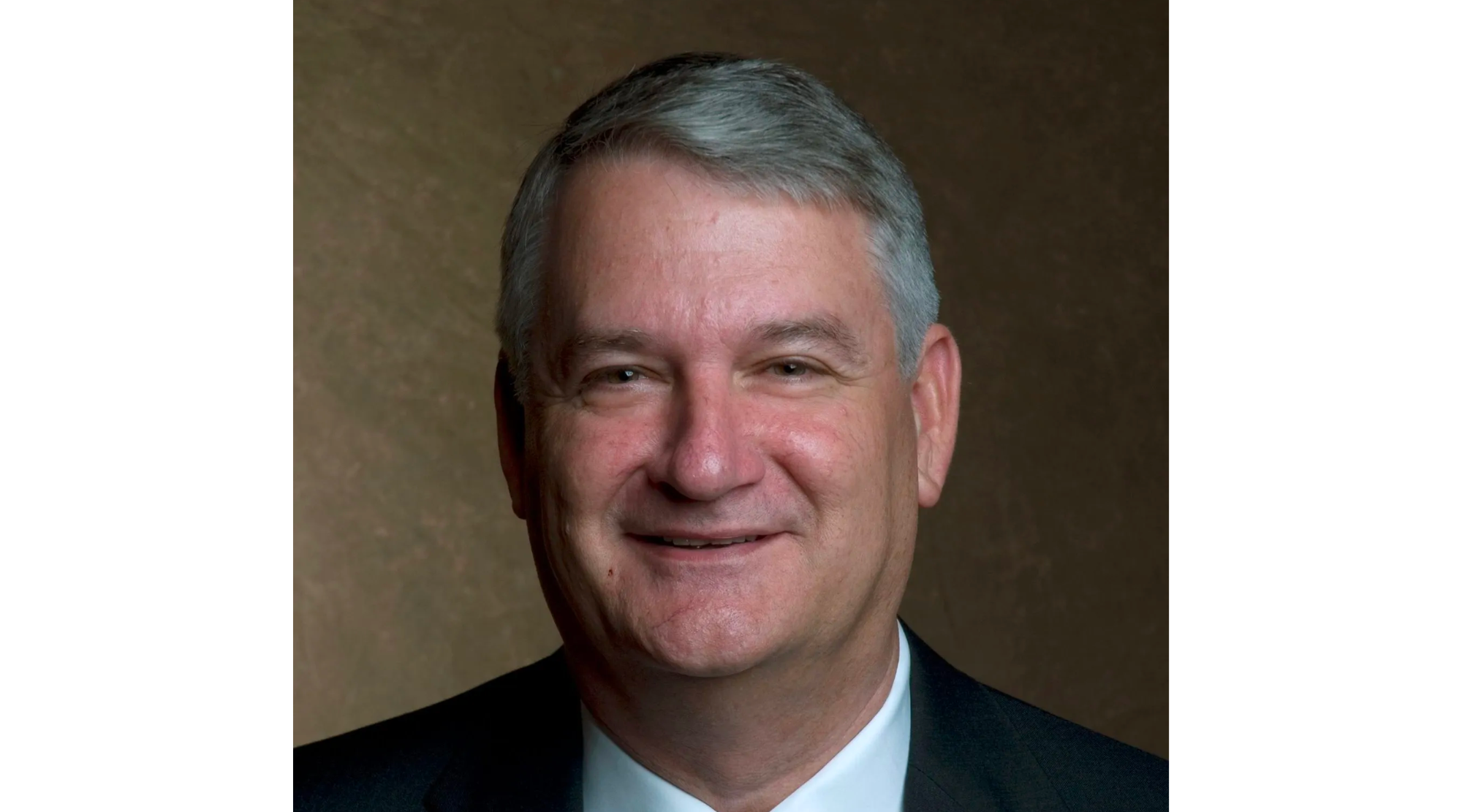Is it common or extraordinary?
Published 5:45 pm Tuesday, May 19, 2015
I have often wondered about the point when something I consider extraordinary becomes common to someone else. When does a brain surgeon first go into an operation without thinking about their task other than as just another day at the job? When does teacher first begin a new class year without really thinking about the fresh new faces, the children, sitting before them?
I first played the piano in church in the mid-1960s, almost 50 years ago. I began playing the organ for the evening service when I was in the 8th grade, almost 47 years ago. I landed on the organ bench at First Presbyterian Church in the early 1980s, more than 30 years ago, and I have been there ever since.
I am not terribly talented or gifted. I don’t have perfect pitch and find it very difficult to sing in harmony, unless I am the harmony. I don’t play by ear or chords, and though I was quite gifted in math, I never totally embraced the mathematical connections to music.
I play because I can read music. I hear the music better than I read it, which allows me to play better if I have heard the song a time or two. In my case, practice makes perfect, which is unfortunate since having the time to practice has been a scarce commodity in my life for a long time.
I do, however, love to play a new arrangement of a song, hearing how some writer took a tune familiar to all and made it fresh and alive again. I suppose that love of a new arrangement led me to my first major purchase of church music.
Shortly after I was married, but before we had children, I attended an estate auction in Blakely, Georgia. The gentleman who had passed away was apparently the longtime organist at one of the larger churches there. I bought an entire box of music for $3. In quickly glancing through the box, I realized there were many copies of two bi-monthly magazines, “The Church Organist” and “The Church Pianist.”
It was a treasure trove of music for someone like me, and I drove home with boxes and boxes of arrangements that had been played by this gentleman, complete with his notations of dates played and suggested settings. His collection dated to the 1930s.
Discovering the magazines were still being published, I subscribed to each magazine myself. Every other month, year after year, I would enjoy the new arrangements of old songs, the gradual movement into traditional and faith music, and the original music written by budding musicians and grand masters alike.
Last night, seeking a bit of respite from my busy life, I took a stack of magazines from the 80s and 90s to play a song or two. I hadn’t played any of these old magazines in at least a decade.
It was amazing how I could actually remember when I had played some of these songs, what the occasion might have been and whether it had been a version that I liked. Like the old organist in Blakely, I had my own notes and suggestions in these books. Will some young musician one day buy my own notes penciled on this music for a few bucks at an estate sale? I hope so.
I answered my own questions in the first paragraph as I played for over two hours. For the brain surgeon or teacher, it never becomes old, stale or common if they love what they are doing. I love picking up a music book that hasn’t been played in so long you have to knock the dust off. The notes inside were once someone’s inspiration or interpretation.
The composer wasn’t just physically alive; they were mentally alive as they put their own music to paper so that decades later someone like me could get joy, peace, comfort and even excitement from their work. Their music truly lives on.
That night, for just a few hours, the common was no longer ordinary for me. Old music came alive and in an extraordinary way reminded me of the ties that bind me to people I never knew. Common and extraordinary; sometimes they are the same thing.


